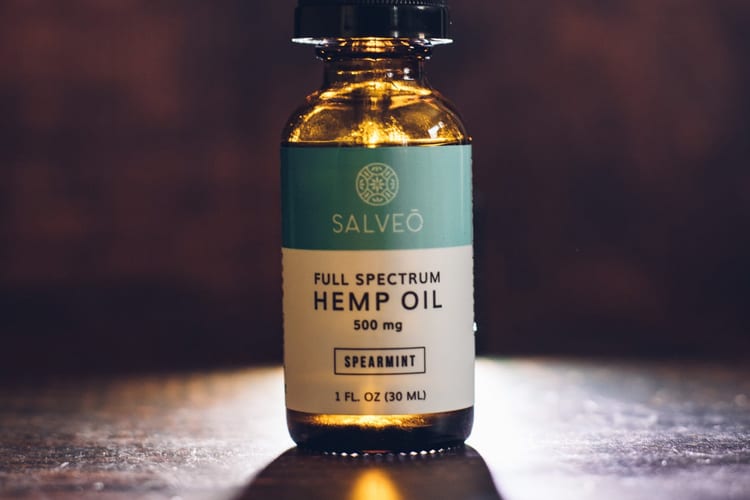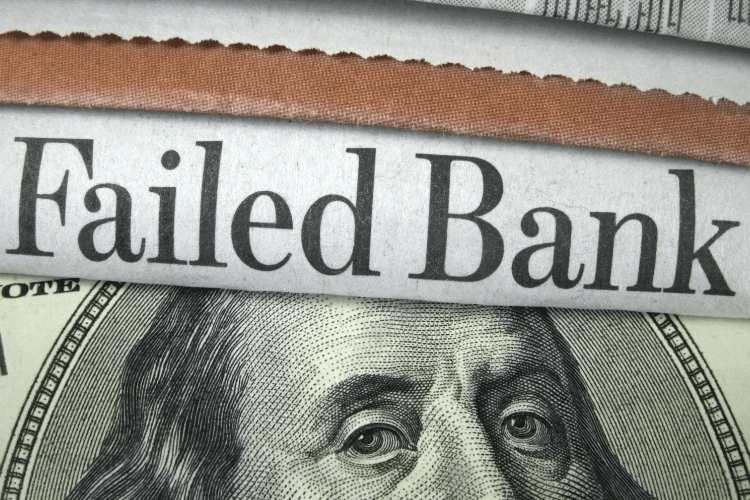Everything You Need to Know about CBD

As cannabis creeps closer to legalization across the country, one of its cousins is already gaining popularity. CBD has become a prominent health craze seemingly overnight. Infused candies and snacks have become hot sellers, and even brands like Coca-Cola have considered infusing products with CBD.
While it’s picking up steam as an over-the-counter health product, there’s still plenty of confusion around it. For example, many consumers aren’t sure what the differences between CBD and marijuana are, but those differences are what make CBD so interesting. Whether you’re considering buying, investing, or building a business around it, here are the basics you’ll need to know.
What is CBD?
Cannabidiol, or CBD, is a chemical found in the cannabis plant. The other prominent chemical compound in cannabis is tetrahydrocannabinol, or THC, which is the psychoactive ingredient in marijuana. CBD is not psychoactive, meaning unlike THC you don’t get high when you use it.
While research on CBD is still not comprehensive, it’s believed to help treat conditions such as anxiety, addiction, and depression.
Is It Legal?
As of now, 47 states have passed legalization laws. Only Nebraska, Idaho and South Dakota have yet to legalize CBD. The FDA has yet to approve the chemical, but it hasn’t taken any action against its sale either. It’s in somewhat of a legal gray area, so it’s best to check your state’s laws before consuming it.
Why Would I Use It?
CBD has yet to be classified as a medicine or supplement, but it’s observed health benefits are far-reaching. As mentioned above, it’s used to treat a number of mental health disorders, but it’s also a promising remedy for pain management. The drug affects the body’s endocannabinoid system, which works with the central nervous system to regulate mood, memory and pain sensitivity among other things.
All that is to say that CBD is touted as a powerful painkiller, which if true could make it a viable alternative to addictive opioids. Many experts tout the wide-ranging benefits of CBD. There’s still research to be done on how CBD impacts your health, but anecdotal stories are plenty and positive.
In 2013 the story of Charlotte Figi garnered national attention. Figi was a six-year-old girl living with Dravet Syndrome, a severe form of epilepsy. After years of searching for remedies, her parents began to treat her with CBD oil. Over time Charlotte’s seizures began to subside and she was able to live a more normal life. Stories like these have been driving interest in CBD as Big Pharma has come under greater scrutiny because of the antics of bad actors like Martin Shkreli (the pharma bro) and John Kapoor, the CEO of Insys who was convicted of racketeering conspiracy in 2019.
What is the future?
For CBD to graduate from a trend to a mainstay, the FDA will eventually have to intervene and regulate it. There is a risk that the government could take steps to restrict the sale of it entirely, but the potential medicinal benefits and continued popularity of THC legalization make that unlikely.
The industry is already worth more than $1 billion, and it will likely continue to grow. The fact that it has therapeutic benefits without any psychoactive effects makes it popular, and also means that if THC is legalized it shouldn’t take much away from the CBD market.
Much of the conversation is still speculative, but it’s hard to deny that it seems promising.
Read about micro-investing and how to get started with our complete guide: Micro-Investing: What It Is, Why It’s for You and How to Start.









